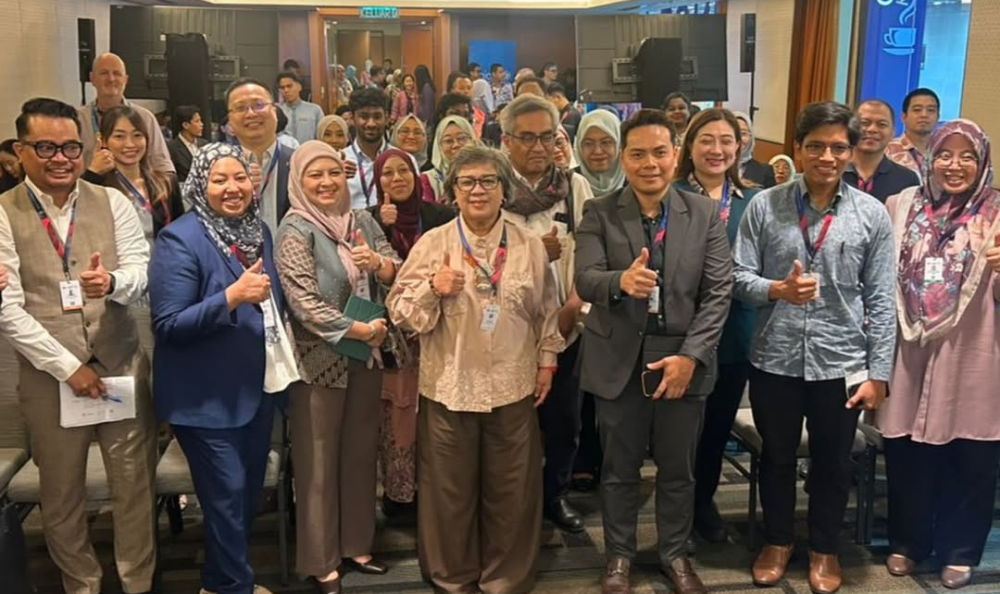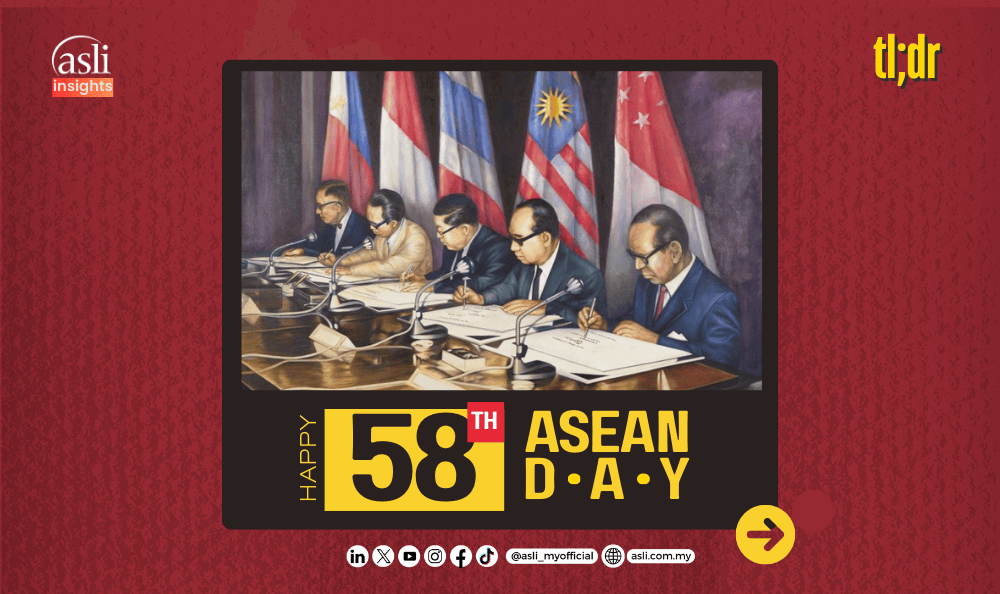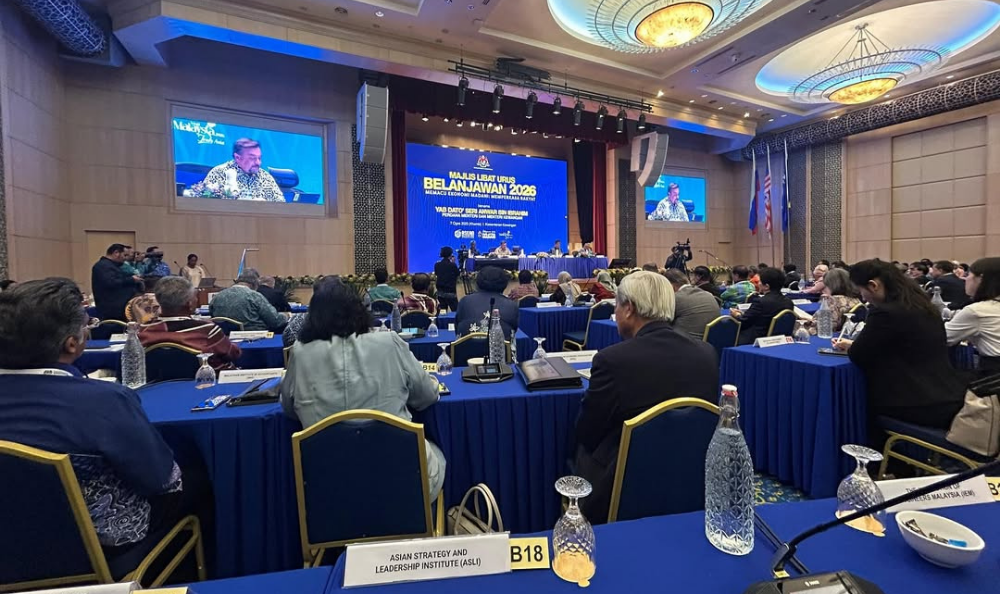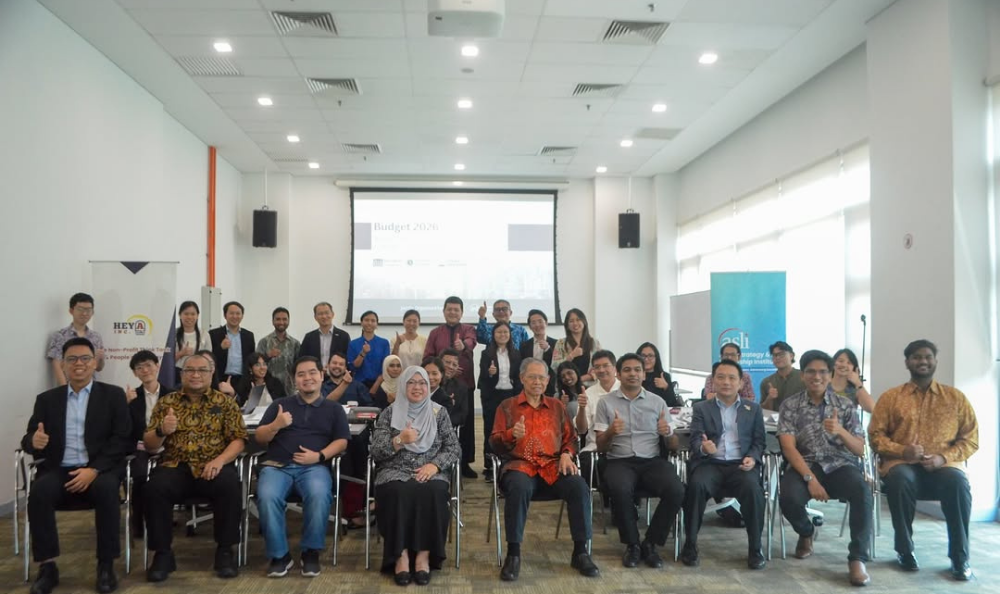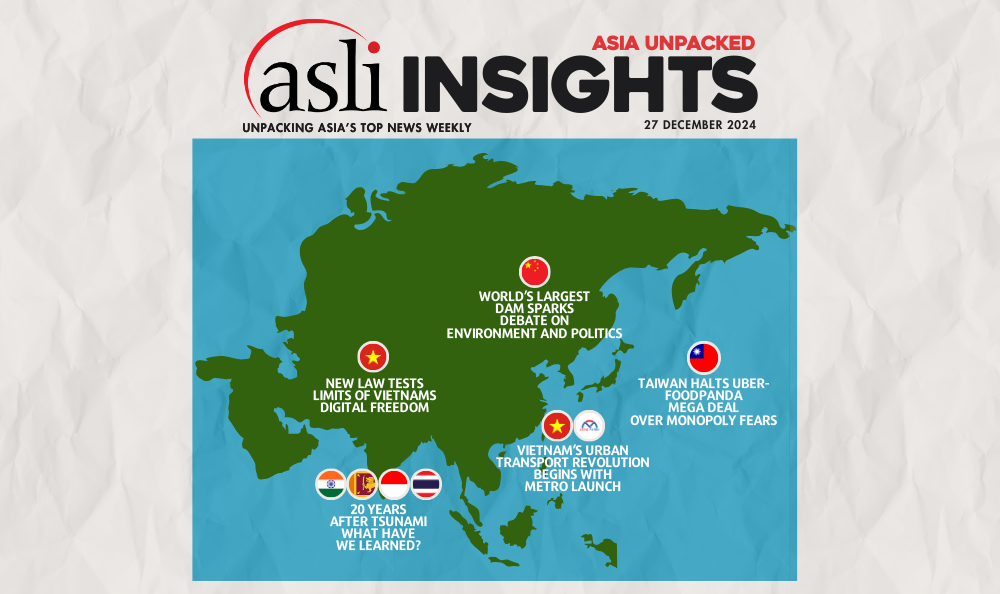
ASLI INSIGHTS: Asia Unpacked | 27 December 2024
Reflecting on the tsunami's 20th anniversary, Taiwan blocks a major merger, Vietnam revolutionises urban transport while testing digital freedoms, and China's mega dam sparks global debates.
This week’s Asia top news:
1) 20 Years After Tsunami: What Have We Learned?
As the world marks the 20th anniversary of the 2004 Indian Ocean tsunami, experts caution against complacency in disaster preparedness. The devastating event claimed over 230,000 lives across 14 countries and displaced millions, becoming one of the deadliest natural disasters in history. While advancements in early warning systems and technology have been significant, experts warn that many vulnerable regions remain underprepared for future disasters. Modern warning systems, they emphasise, are only effective when paired with resilient infrastructure, community-based preparedness initiatives, and robust education programs. "Preparedness goes beyond technology; it requires continuous investment in education and infrastructure," said a leading disaster management expert. Developing nations, particularly those prone to natural disasters, face the greatest challenges due to limited resources and funding gaps. Experts stress the need for global cooperation and sustained financial support to address these vulnerabilities. The anniversary serves as a reminder of the critical lessons learned from the tragedy, urging policymakers to prioritize cross-border collaboration and climate adaptation measures to reduce risks and build resilience in the face of future calamities.
Read more:
- https://www.aljazeera.com/news/2024/12/25/on-20th-anniversary-of-worlds-worst-tsunami-experts-warn-of-complacency
- https://www.bbc.com/news/world-asia-50864535
2) Taiwan Halts Uber-Foodpanda Mega Deal Over Monopoly Fears
Taiwan’s Fair Trade Commission has halted Uber’s $950 million acquisition of Foodpanda, citing concerns over the potential creation of a monopoly in the food delivery market. The deal, which would have merged two major players in the industry, raised alarm about the significant reduction in competition and its potential impact on consumers. Experts believe the decision reflects Taiwan’s strong commitment to maintaining market fairness and protecting smaller businesses from being overshadowed by larger corporations. The commission’s ruling emphasises the importance of preserving a competitive environment in industries where few players dominate. By blocking the acquisition, Taiwan aims to ensure that consumers have access to a range of food delivery options and that smaller companies can continue to innovate and compete. The decision also signals to international businesses the importance of adhering to local competition laws and regulations when seeking mergers and acquisitions. While the ruling may affect Uber’s expansion strategy, it underscores Taiwan’s stance on fostering a fair and diverse market, preventing monopolistic practices from hindering economic growth and consumer choice.
Read more:
- https://www.reuters.com/markets/deals/taiwan-blocks-ubers-950-mln-foodpanda-deal-bloomberg-news-reports-2024-12-25
- https://asia.nikkei.com/Business/Technology/Taiwan-rejects-Uber-Foodpanda-deal-amid-antitrust-concerns
3) Vietnam’s Urban Transport Revolution Begins with Metro Launch
Ho Chi Minh City has inaugurated its first metro line, marking a significant milestone in urban infrastructure. The $2.1 billion project, which faced years of delays, is set to transform public transport in Vietnam's largest city. The new metro line aims to alleviate the severe traffic congestion that has plagued the city for years, offering a faster and more efficient travel option. It is also expected to help reduce pollution by promoting eco-friendly transportation, contributing to the city's long-term sustainability goals. This metro line is a major step toward modernizing the city's infrastructure, providing a much-needed alternative to the crowded roads and buses. It is expected to set a new benchmark for public transport in Vietnam, influencing the development of future metro systems in other cities. While the project faced significant challenges, its completion represents a commitment to improving urban mobility and quality of life for millions of residents. The metro line signals a brighter, more sustainable future for Ho Chi Minh City, paving the way for a new era of public transportation in the country.
Read more:
- https://www.cnn.com/2024/12/22/travel/ho-chi-minh-city-metro-open-intl-hnk/index.html
- https://www.bbc.com/news/world-asia-50866445
4) New Law Tests Limits of Vietnam’s Digital Freedom
Vietnam has enacted a controversial internet law that expands government control over online content, sparking concerns over free expression. The new regulations require tech companies to store user data locally and provide access to authorities when requested, allowing the government greater oversight of digital platforms. Critics warn that the law could stifle online freedoms and limit the ability of individuals to express themselves freely. They argue that it could lead to increased censorship and surveillance, further restricting the open exchange of ideas. However, Vietnamese authorities argue that the law is essential for national security, preventing the spread of misinformation and maintaining social order. The government has stated that it is necessary to regulate online content to protect citizens from harmful activities and safeguard the country’s interests. Tech companies operating in Vietnam face significant challenges under the new law, as they must ensure compliance with stringent regulations or risk facing penalties. The law reflects a growing trend across the region to tighten control over digital spaces, raising concerns about the balance between security and freedom of expression.
Read more:
- https://www.channelnewsasia.com/asia/sweeping-vietnam-internet-law-comes-force-4825621
- https://www.reuters.com/world/asia-pacific/vietnam-new-cybersecurity-law-stirs-controversy-2024-12-23
5) World’s Largest Dam Sparks Debate on Environment and Politics
China has unveiled plans to construct the world’s largest hydropower dam on the Yarlung Tsangpo River in Tibet, a project designed to significantly boost the country’s renewable energy output. Expected to generate enormous amounts of electricity, the dam will play a key role in China’s strategy to lead in clean energy and reduce its reliance on fossil fuels. The ambitious project, however, has raised concerns from environmentalists and neighboring nations. Critics warn that the construction of the dam could cause irreversible environmental damage, disrupting local ecosystems, wildlife habitats, and the river’s natural flow. Additionally, the dam has sparked tensions with downstream countries such as India and Bangladesh, which rely on the Yarlung Tsangpo for water resources. These nations fear that the dam’s impact on water flow could harm agriculture and water availability for millions of people. While the project aligns with China’s energy ambitions, it also highlights the complex geopolitical and environmental challenges it faces. Balancing the pursuit of renewable energy with environmental protection and regional cooperation will be critical as China moves forward with the dam’s development.
Read more:
- https://www.reuters.com/world/asia-pacific/china-build-worlds-largest-hydropower-dam-tibet-2024-12-26
- https://www.scmp.com/news/china/article/4825632/china-tibet-dam-global-implications
Empowering Leaders, Advancing Societies.
